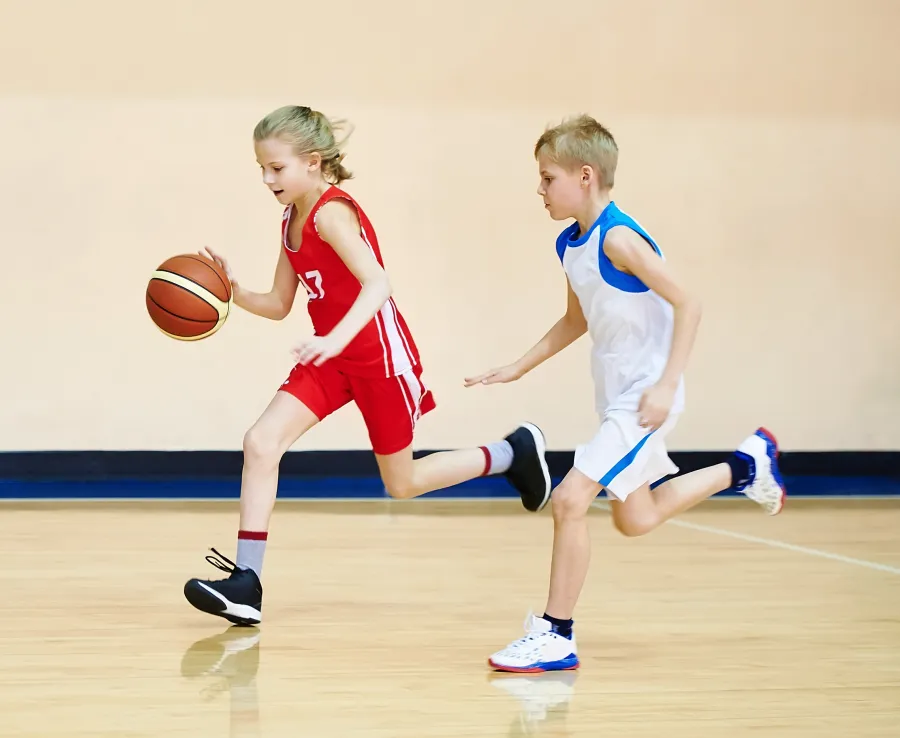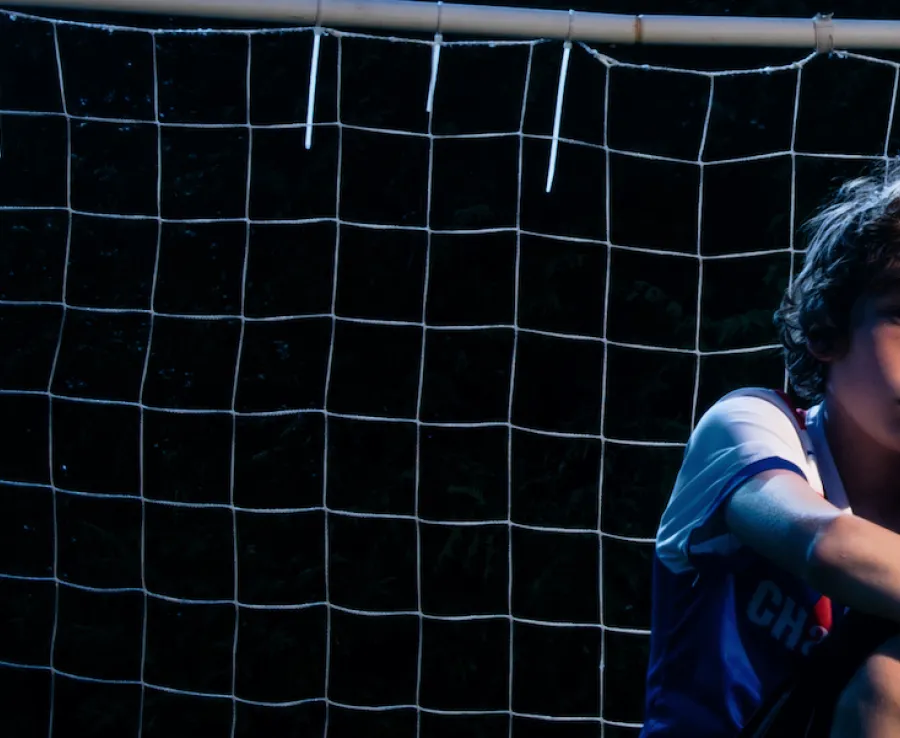Your club or association has an important role to play by:
- Participating in any investigations as requested by police.
- Supporting those affected including victims, their families and any witnesses or associated parties.
- Upholding the rights of all parties subject to the complaint including the respondent.
- Communicating appropriately with your members.
Best practice approaches
Being a part of a matter involving police can be challenging. It may require increased volunteer time, be stressful for those involved, and disruptive to the normal operations of your club or association. The person liaising with authorities will likely be the president, secretary or another authorised committee member.
Consider the advice below to assist you to coordinate an appropriate response to a potential police matter:
- Follow the advice of authorities. It is likely that a mix of police, child protection authorities, Sport Integrity Australia and/or your state or national association will be involved in the process. Your role here is to stay in touch, follow their advice, and help implement any sanctions resulting from the investigation.
- If making the report to police or child protection, ask for a reference number. This may be useful for future discussions with those authorities.
- Seek police advice before taking any action or sharing information. You want to avoid interfering with police inquiries.
- Don’t act alone. Your league, state and national association, as well as Sport Integrity Australia, can be useful forms of support and guidance during the process.
- If you reported to police, seek confirmation before reporting internally within your sport. Give the sporting body or Sport Integrity Australia the reference number for their internal records.
- Follow policy and procedure to escalate complaints.
- Access available resources for providing support to your community e.g. mental health and well-being assistance programs.
- Assess the risks. As appropriate to the case and with support of police and your league, state/national association. Assess any ongoing risks to the safety of children or other members and act as necessary.
- Support those affected. A police investigation and ensuing court process may take an extended period of time. It is important to offer support to all parties related to the matter.
- Liaise with victims and their families to determine their needs and review these plans throughout the process.
- Determine the support needs of any witnesses or other affected parties. These people may be required to give evidence or may be subject to pressure from the community to share information.
- Appoint someone to establish a support plan for the respondent to ensure their rights and wellbeing are addressed.
- Consider the support needs of any committee members dealing with the victim or witnesses.
- Communicate regularly. Try to ensure that club members know an investigation is taking place and patience is required to resolve the incident.
- Confidentiality is important. Do not share specifics of the matter.
- Remind anyone with knowledge of the incident not to discuss it outside of the formal process with authorities.
- It is sufficient to assure of the club’s collaboration with authorities.
- Reassuring members of support available can help reduce anxiety.
- Maintain records. Keep a record of any discussions, emails or other correspondence so that the information can be shared with authorities as requested.
- Be aware not to share any personal information outside of direct requests by the authorities. Personal information includes opinions of people involved in the incident.
- Ensure records are stored securely where only authorised persons can access them.

